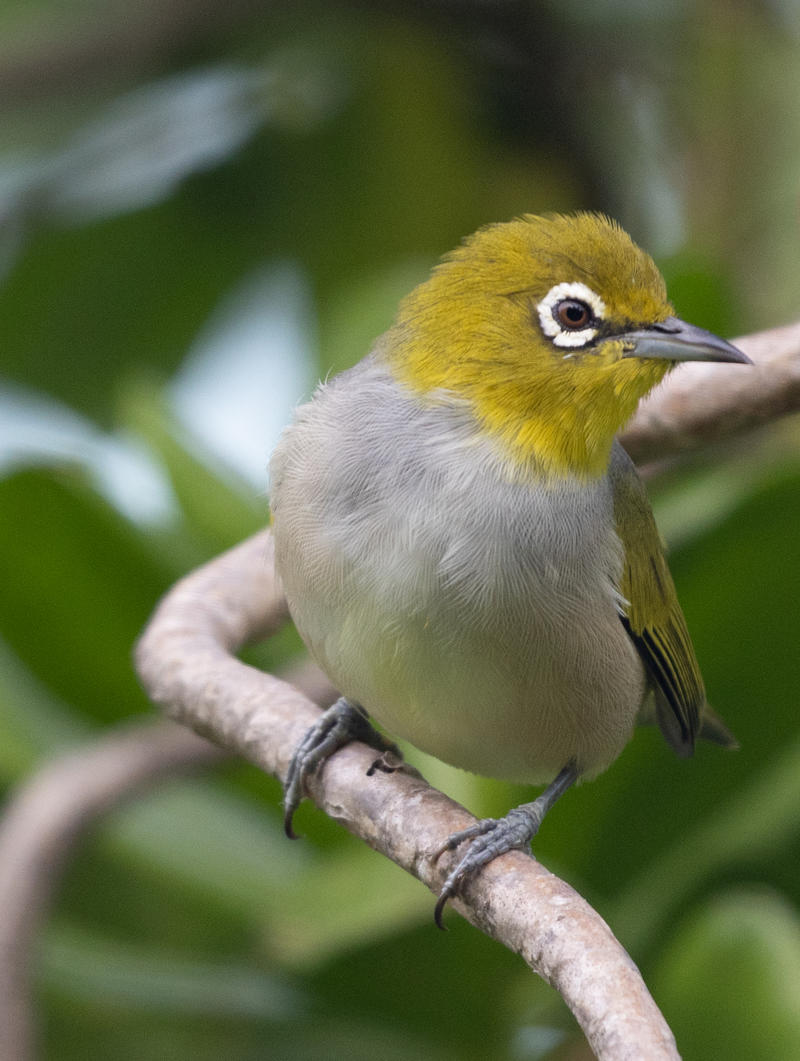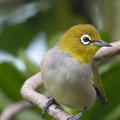Clegg Group
Members of the Clegg group address a range of evolutionary ecology questions in natural systems with the broad aim of understanding the processes that promote divergence in wild vertebrate systems and in repeated patterns of evolutionary change. Studies link ecology, demography, genomic and phenotypic evolution, life history evolution, along with application of a combination of modelling and empirical approaches. Three current areas of research are:
1. Changing biotic interactions and the ‘island syndrome’
Biotic interactions directly and indirectly affect evolution of individual species, hence to fully understand the evolutionary dynamics of one species requires consideration of ecological interactions of the surrounding biotic community and in turn, the evolutionary pressures that members of the community experiences. Repeated patterns of evolution can emerge when biotic interactions change in predictable ways. Island-dwelling species are an excellent system in which to study repeated evolution stemming from changes in biotic interactions due to the “island syndrome” - a suite of phenotypic (morphological, behavioural), demographic, and life history changes. We study the island syndrome in birds on a range of scales, from examining global patterns to using case studies of well-characterised island colonizing birds. A focal system is that of silvereyes in Australia and the southwest Pacific. We collect information on multiple components of the island syndrome in both continental and island populations, along with quantitative analysis of predation, parasitism, and inter- and intraspecific competition, and combine this with modelling approaches. The ultimate aim of this work is to develop more robust predictions about when changes in types and strengths of biotic interactions will result in the island syndrome.
2. Divergence & Hybridisation: Reconstructing evolutionary processes
Understanding how different microevolutionary process act, and interact, to produce biodiversity, is a core aim of evolutionary biology. However, the relative roles of each process – such as natural selection, drift, and gene flow at different stages of divergence are not well characterised for many systems. This is partly because of the difficulties in reconstructing evolutionary processes in groups that have are already highly diverged (or have speciated) and the types of data required for traditional approaches to the question. We use whole genome sequencing data to reconstruct evolutionary histories. Cases of secondary sympatry also provide the opportunity to assess hybridisation between congeneric species, even those separated by long evolutionary time periods. Much of this work is empirical, but we also examine how demography and evolutionary history could leave different signatures in the genome through modeling approaches. DNA extracted from museum specimens, as well as contemporary samples, allows us to investigate how evolutionary processes such as hybridisation unfold throughout time. The molecular data is used as a framework for understanding phenotypic divergence, including morphometrics, dispersal propensity and song variation.
3. Avian parasites and disease
We study regional variation in avian disease, primarily avian malaria, in southwest Pacific bird communities to understand the role of this selective agent on geographic and host range variation, and the likelihood of host range shifts. We also aim to understand the role of host movement, such as migration and dispersal, in shaping parasite and pathogen distributions. We apply bioinformatic approaches to harvest parasite DNA sequences from whole genome sequences generated from avian blood samples and use metabarcoding to identify parasites from faecal and blood samples. We aim to explore whether variation in traits between parasite taxa result in different distribution patterns.
If you are interested in joining our research group, please take a look at our currently available positions below.
Fellowships
Please get in touch with Prof Sonya Clegg (sonya.clegg@biology.ox.ac.uk) if you are considering applying for a fellowship to join the group.
DPhil studentships
Available funded positions will be advertised below, but we are always happy to hear from prospective students.
Academics in the group who can supervise:
Prof Sonya Clegg (sonya.clegg@biology.ox.ac.uk)
Fieldwork assistant positions
We sometimes advertise fieldwork assistant positions for our bird data collection efforts in Australia and Tasmania.
Currently available opportunities
Presentations
https://www.youtube.com/embed/veslU_dJm3g?si=4eP5L30xwI58TfDV




